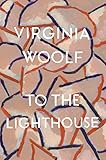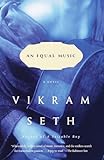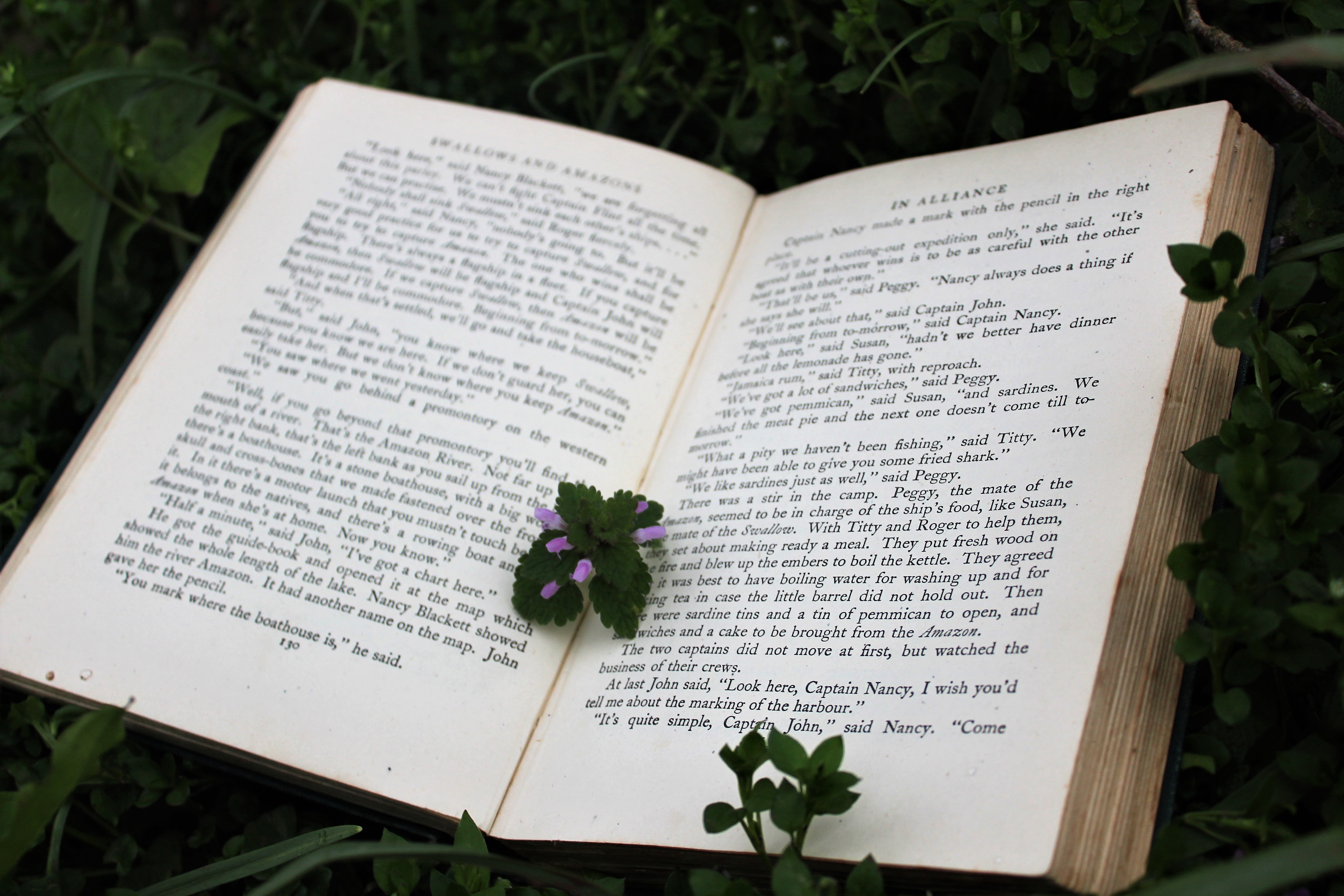1. Memorizing
My lines disappeared. I was in 10th grade, dressed in a blue-checked gingham dress and white tights, playing the lead in Alice and Wonderland for an audience of children. I’d had memory lapses before—an embarrassing one in my piano teacher’s living room in fifth grade, the specific, awkward misery of having to begin the sonatina again. The assembled families either would or would not pretend it didn’t happen, both options mortifying. I lost my lines in ninth grade as well, playing Lucy in You’re a Good Man Charlie Brown. I was mid-song when the words atomized, but I belted out something anyway; I don’t know what. Whatever happened that time left me unscathed.
In general, however, no memory lapses. Not at the sixth-grade safety assembly run by a cop who held up a license plate. When he quizzed 500 of us seated on the gymnasium floor 10 minutes later, I was the only one who could recite the numbers. I’d memorized them from boredom. No problems either when I played Eliza in My Fair Lady the summer after seventh grade.
Alice in Wonderland was different. I stopped trusting my memory. Betrayed at age 14, I lost faith that anything would ever stick again. I saw my inability to memorize as a terrible weakness, and it haunted me.
Years of viola study followed. I got to the point where I could identify most any piece on any classical radio station. It takes practice, but it’s not exactly memorizing; composers leave tracks as clearly as deer crossing a snowy field. You get to know a composer’s output—Johannes Brahms left us only four symphonies (he destroyed more); César Franck wrote one piano quintet. Composers’ nationalities become as recognizable as flags. If a piano quintet sounds French, and/or has phrases that mirror those in César Franck’s Symphony in D Minor, it’s not too hard to narrow it to the right piece. And once you’ve played or performed a composition, it stays with you as surely as remembering how to walk.
To me this is uninspiring; more akin to reciting the times tables than interrogating music’s mysteries. Much more meaningful are the memories that accompany first hearing or first playing:
I’m 16, on the edge of a metal folding chair, heart palpitating, listening to five students playing in a rehearsal room too small to contain the sound. At a music camp in Orono, Maine, I’m hearing the Brahms Piano Quintet in F Minor for the first time. I’m in an adrenaline-fueled high; I’m a jockey on a winning horse.
I’m at my music stand in the living room of a math professor from M.I.T. with whom I played chamber music, weeping that I have lived in ignorance of the third movement to the Schumann Piano Quartet in E Flat Major. The sound covers me like a hot blanket of grief, first the violin and the cello and then my part! The viola gets that heartbreaking melody, the one that sings to the world’s beauty slipping away, to the impermanence of love and life.


 I don’t care if I sound hyperbolic; that’s what I felt. I’m not so different with books. Ask me whether I’ve read a certain book or a certain author, what it’s about, when I read it, who recommended it to me, and I’ll answer. But aren’t those memories somewhat meaningless? I’d rather share the feeling I had—the breathtaking experience of reading Virginia Woolf’s To the Lighthouse for the first time, of being unable to contain my excitement about Zora Neale Hurston’s Their Eyes Were Watching God, of rushing to complete Robertson Davies’s trilogies; the deep serenity of living with May Sarton for months on end, and the connection I felt with Vikram Seth’s An Equal Music.
I don’t care if I sound hyperbolic; that’s what I felt. I’m not so different with books. Ask me whether I’ve read a certain book or a certain author, what it’s about, when I read it, who recommended it to me, and I’ll answer. But aren’t those memories somewhat meaningless? I’d rather share the feeling I had—the breathtaking experience of reading Virginia Woolf’s To the Lighthouse for the first time, of being unable to contain my excitement about Zora Neale Hurston’s Their Eyes Were Watching God, of rushing to complete Robertson Davies’s trilogies; the deep serenity of living with May Sarton for months on end, and the connection I felt with Vikram Seth’s An Equal Music.
For a career in classical music, recognizing any piece won’t cut it. Books, of course, are beside the point. To become a professional violist, you must memorize; you have to be able to take an audition without sheet music, an ability I lost at age 14.
And yet, I entered college with the aspiration of becoming a professional musician. For a year or two during that time, I studied with a viola teacher who tried to cure me of my memorizing deficit. Our lessons were in his apartment on New York’s Upper West Side where he lived in an Old World space, dimly lit with lamps that must have come from Vienna in the 1930’s, walls lined with sheet music, and floors laid out in imported Persian rugs. He recommended I study the ads on New York City buses and memorize the numbers or words I found in them. Also, I should note and memorize the numbers on the rear of city buses.
Ultimately, I broke down and left music. My departure was, to my mind, an epic failure; my inability to memorize one of the many reasons for my defeat.
2. Memory
My mother died when I was in my early 40s. Her death was sudden and shocking—a diagnosis of pancreatic cancer for a strong athletic woman who had never been sick. She was gone in the space of eight weeks.
In ways I don’t fully understand, her death unloosed my writing. Granted, my relationship with mom was intimately tied up with books and the written word. She worked as a copy editor and editor. We shared a great interest in reading. Granted too, that I had been writing all along, if writing means keeping a journal and sending snail mail after it went the way of the telegram. Or writing memos at work. And inhaling books. But writing—the kind where you make a commitment and stick to it, where you attempt to take yourself seriously—didn’t come until after mom died.
It was then that I uncovered something altogether different from my memorized files of books and musical compositions. I discovered a trove of personal memories that went back to at least age three. Or more accurately, I found I could access those memories, which I began to appreciate as a generous gift from the writing gods. Memory is a writer’s nutrition and sustenance, her sine qua non.
The cabinets of memory I discovered after mom died were not remotely orderly. Stashed with my memories were other people’s recollections, memories that others had forgotten but I retained. Memories that were crammed into file folders, pieces torn off and gone missing, others like so many balled-up drafts. There were minute details about my siblings, granular information about school lives, friends and frenemies, secrets and intimacies. Don’t ask me to recite a poem. If, on the other hand, you want to know the name of my sister’s fifth grade teacher and what poems this terror of a teacher made her memorize, I’m on it.
I found myself mucking around in exhaustive details about my parents’ jobs; their friends’ careers, marriages, and children. Questions began arising in droves. Why did my father talk more about work than his emotional life? Why did my mother shy away from friendships with women? Random gossip from my early employment reared up and insisted on reinterpretation, indiscretions ranging from salacious to violent; memories that in the time of #MeToo would sink more than a few professional careers.
Writing, I quickly discovered, doesn’t thrive on memorization. And memories that are free from doubt, anxiety, and pain are nearly useless. Writing thrives on conflict and those irreconcilable, problematic memories. Were my overstuffed memory files a cause or symptom of my efforts to write in earnest? Perhaps both.
My father died last spring. With his death, I find myself slogging through memories too large to manage. They’re not so much painful, as awkward and uncomfortable. They keep me up at night, in part because so many of those memories are not mine. I hear dad recounting stories about his friends and colleagues, but fewer about himself.
Like mom, my father was a creature of the written word, a highly skilled wordsmith, author of two books and countless articles on varied subjects both personal and professional (he was a trial lawyer). He was the second of four children. His mother lost most of her hearing during his birth. To that physical disability he credited his clear speaking voice, which became stentorian in the courtroom. That does not, however, account for his vast vocabulary—an endless cache of words. Dad’s parents were extraordinarily intelligent, but his mother had a sixth-grade education and his father never finished high school.
Oh, but daddy could speak. His words are emblazoned on my memory. They land on the pages I write—ubiquitous, textured, yet not easy to digest. Does anyone use the word obliterate anymore? Does anyone ablute when entering the shower? I doubt wifty is even a word.
Words came tumbling out of my father, huge ones, short ones, fat ones, skinny ones. He was a stickler for precision. He kept a huge dictionary behind his chair at the dining room table. If we weren’t sure of a word’s definition, he would dive into the book and demand, “Will you accept Webster’s Unabridged as a source?” He never read one of my junior high school social studies papers that he didn’t thoroughly mark up, because words matter and it’s always possible to be more precise.
Words are memories, but they are tools too, carving out bits of text from the lumpy rind of the past. It’s a daily effort—often exhausting—to try to keep the commotion of family memories at bay while simultaneously holding onto those noisy recollections.
I see now that I’m lucky for my memory, however unruly and ill-behaved it is. I mine it every time I put pen to paper. It is brine for my writing, even if I’ll never fully understand it. Wading through the chaos, I’ve learned that memory is more useful than memorizing. I might even forgive myself that shortcoming. I’m beginning to realize memorizing is too far removed from memory to qualify as even a distant relative.
Image credit: Unsplash/Siora Photography.










